TEAM
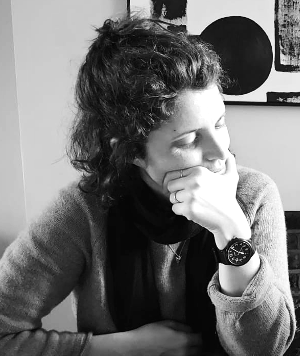
Dr Sharon Prendeville is a Senior Lecturer/Associate Professor based at the Institute for Design Innovation, LUL. She is Head of the Institute’s research group and Director of the MSc Design Innovation Management programme. She was recently named one of the AHRC’s Design Research Future Stars. She was Chair of Conversations at DRS2018 and has previously held teaching and research posts at TU Delft, The Netherlands and The Royal College of Art, London, UK. In 2014, she co-designed and led a global grassroots collective to explore counter-cultural practices, peer-to-peer production and commons governance within sustainability. Her current research focuses on developing critical interdisciplinary perspectives in design, working with grassroots and social movements.

Anaïs Carlton-Parada Research Associate
Dr. Anaïs Carlton-Parada is a researcher with a thematic focus on the anthropology of fashion, aesthetics as social justice, semiotic theory, systems of value in local/global economies, boundaries of belonging and appropriation. In previous research, her regional focus was Latin America and she conducted ethnographic fieldwork in Ecuador for two years during her course of study. She held an Honorary Research Associate position in Anthropology at University College London, and she earned her PhD in cultural anthropology from the University of South Carolina in 2020.
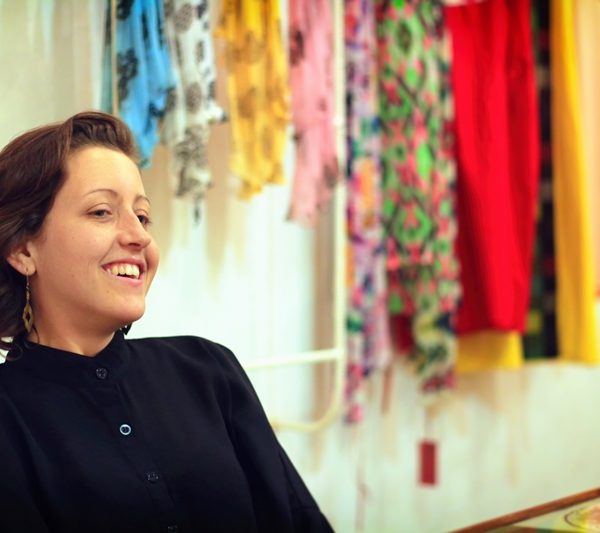
Vicky Gerrard Research Assistant
Vicky is a design researcher currently based in London where she is pursuing a doctorate at Loughborough University London. For the last 10 years her research has focused on developing new design approaches to increasing participation. Her doctoral research builds on this to consider how design might better confront the challenges faced by those locked out of the political process by virtue of entrenched forms of political participation. From 2011,Vicky ran a social design lab at the Singapore University of Technology and Design, before moving to Yogyakarta, Indonesia, in 2016. While now back in the UK, these years were formative in her practice and continue to heavily influence her work.a
PAST TEAM MEMBERS
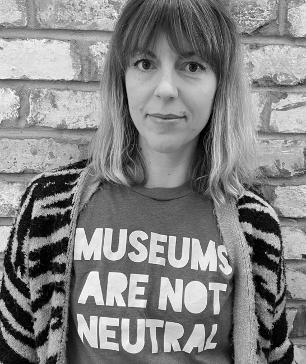
Dr Pandora Syperek is a researcher in modern and contemporary art, design and display culture, with special interests in gender and the nonhuman. She is co-editing a special issue of the Journal of Curatorial Studies on ocean ecology in recent exhibitions. From 2016-2017 she was postdoctoral fellow at the Paul Mellon Centre for Studies in British Art, and she holds a PhD in the History of Art from University College London. She has taught at Sotheby’s Institute of Art, UCL and York University, Toronto.
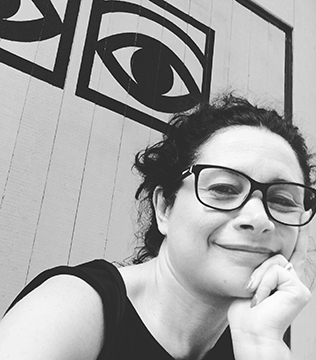
Dr Laura Santamaria is design researcher and educator based at the Institute for Design Innovation, LUL. Laura has over 20 years’ experience as a design practitioner in design, media and communications, and is co-founder of sustainable lifestyle magazine Sublime. Her research focuses on grassroots approaches to empower communities for paradigm change through communicative action, innovation and entrepreneurship. She champions knowledge transfer with a focus on place-based impact, developing projects with local stakeholders in our local community. She holds a PhD in Sustainable Innovation and is Program Director of the MA Design and Culture.
ADVISORS

Professor Tracy Bhamra is Loughborough University’s Pro Vice-Chancellor (Enterprise) and Professor of Sustainable Design. Previously she was the Dean of Loughborough Design School. She has extensive research experience in the field of sustainable design initially during her PhD (in Design for Disassembly and Recycling at Manchester Metropolitan University, 1995) and then following that at Manchester Business School and Cranfield University before joining Loughborough University in 2003. Tracy is a Chartered Engineer (CEng), a Fellow of the Institution of Engineering & Technology (FIET), the Design Research Society (DRS) and the Royal Society of the encouragement of Arts, Manufactures & Commerce (FRSA) and a Member of the Institution of Engineering Designers (MIED). In 2003 she established the Sustainable Design Research Group that undertakes world-leading research in areas such as Design for Sustainable Behaviour, Methods and Tools for Sustainable Design and Sustainable Design Education.
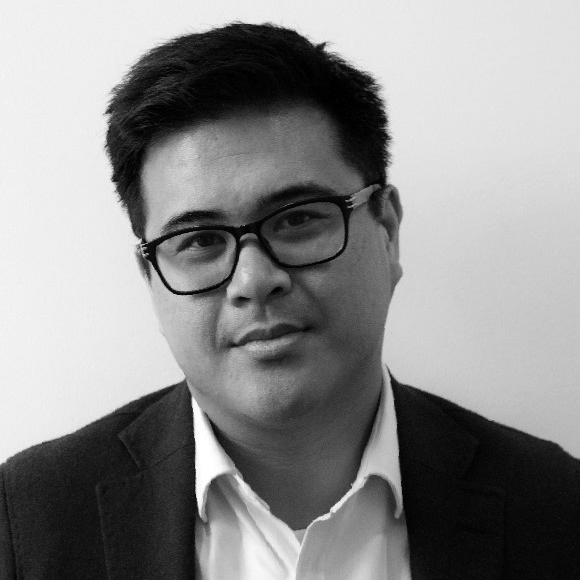
Froilan Legaspi
Froilan ‘Froi’ Legaspi is a Community Organiser for Citizens UK, and currently works with 20+ schools, faith and community groups in the London boroughs of Hackney & Islington. Froi has trained and worked with civic leaders, negotiating deals to improve Mental Health services for young people and Black communities, job programmes for migrants learning English, and challenging exploitative practices of energy companies through the Fair Energy Campaign. Other interests lie in civil society’s role in innovation and collaboration in multiplayer gaming. He has a postgraduate certificate in Community Organising from Queen Mary University of London, MSc from University of Sussex, and BSc from University College London.
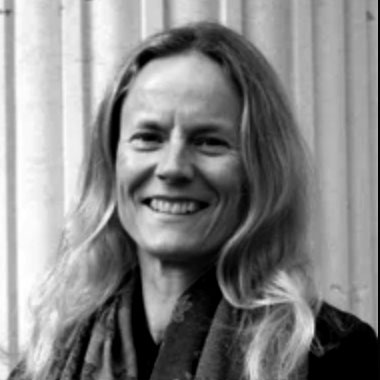
Dr Kersty Hobson is Senior Lecturer in Human Geography, and Director of Undergraduate Studies in the School of Geography and Planning, Cardiff University. Her research interests focus on issues of social and environmental transformation, particularly in the fields of sustainable production and consumption, and multi-level environmental governance. She has held academic positions at the University of Birmingham, Australian National University, and the University of Oxford, where her research has examined household sustainability practices; environmental non-governmental organizations; animal geographies; as well as climate change governance and public deliberation. She has received research funding from the ESRC, EPRSC and Australian Research Council. Her current research focuses on the socio-political implications of, and challenges for, the circular economy agenda, and she has published papers on this topic in Progress in Human Geography, Futures, Climatic Change, and Journal of Industrial Ecology. Kersty sits on the Editorial Board for the journals Environmental Politics and Local Environment.
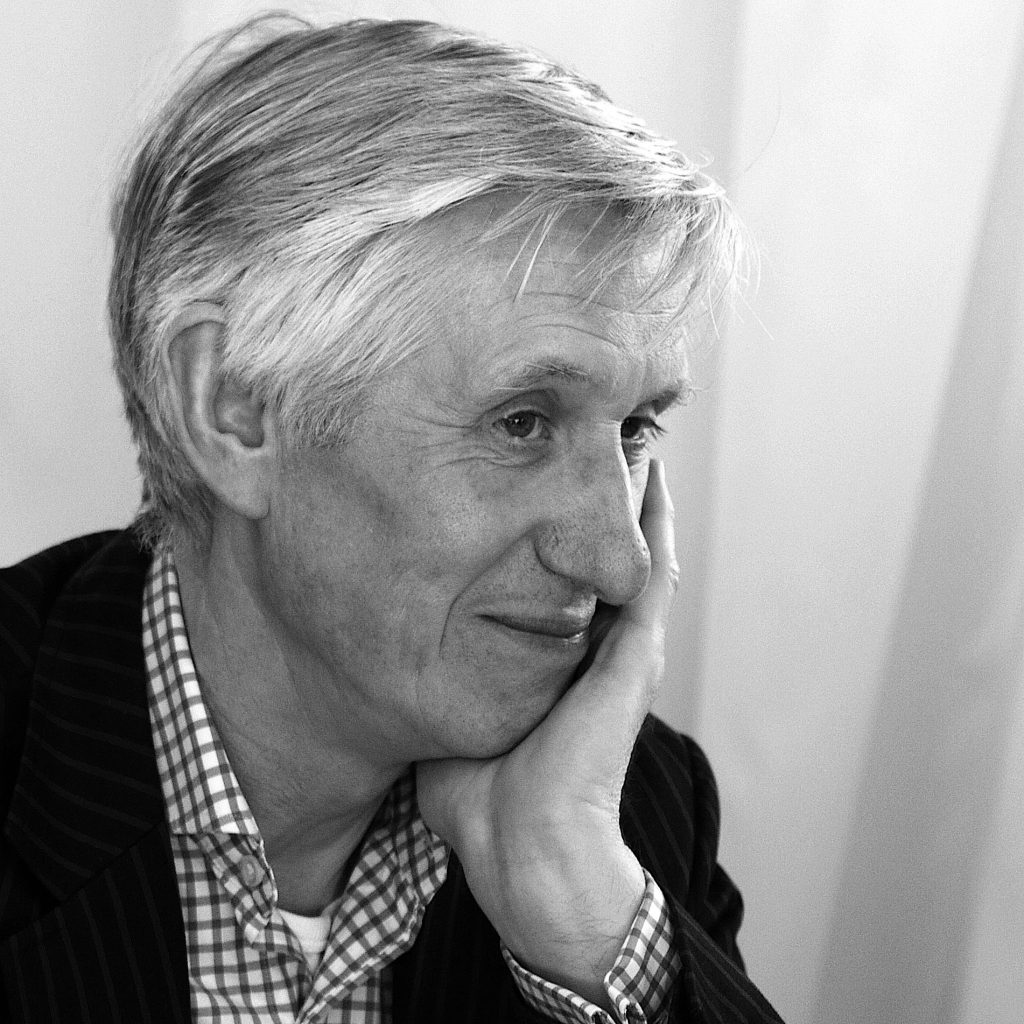
John Wood is Emeritus Professor of Design, Goldsmiths, University of London and a Professor of Practice at Swansea College of Art, where he is co-founder of the Metadesign Research Centre. Having studied fine art in the late 1960s, he built and exhibited many interactive sound installations. He then invented some solar energy devices and began publishing on environmental issues. He was Deputy Head of Fine Art at Goldsmiths for ten years before writing their first undergraduate (1989) and masters programmes (1995) in design. Both degrees were cross-disciplinary and foregrounded ecological and ethical issues. John has written several books and many chapters and papers. He is also co-editor of the Journal of Writing in Creative Practice and co-founder of the international ‘Writing-PAD Network’. A notable feature of his metadesign research is the reframing of design as a manifold form of entrepreneurship. This aims to deliver sets of possible synergies, opportunities and outcomes to clusters of participants and beneficiaries. John also performs and records with several musical groups, including the cult bands Deaf School and Professors of Pop.
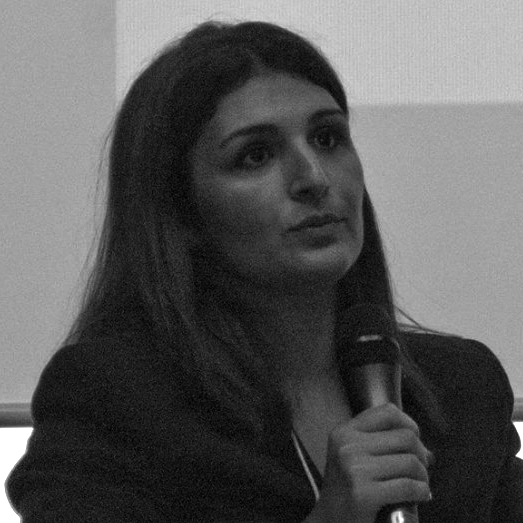
Torange Khonsari
Torange Khonsari is Co-Founder and Director of the art and architecture practice Public Works since 2004, an inter-disciplinary practice working on the threshold of participatory and performative art, architecture, anthropology and politics. Her projects directly impact public space, working with local organisations, communities, government bodies and stakeholders. Torange has currently written and is course leader of Design for Cultural Commons Masters at The Cass (London Metropolitan University). She has taught at international universities such as UMA school of architecture in Sweden, unit leader at Royal College of Art – London as well as a visiting professor at Barbican and Guildhall school of Music and Drama. Torange recently delivered a TEDx talk on Harnessing the power of Civic Commons.
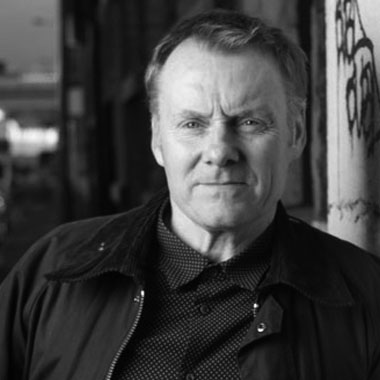
Paul Rodgers
Paul Rodgers is Professor of Design at the University of Strathclyde, Department of Design, Manufacturing and Engineering Management (DMEM). He also holds the post of the Arts & Humanities Research Council (AHRC) Design Leadership Fellow. His research explores the discipline of design and how disruptive design interventions can enact positive change in health and social care and elsewhere. He holds undergraduate and postgraduate degrees in Design from Middlesex University, London, and a PhD in Product Design Assessment from the University of Westminster, London. Prior to joining Strathclyde, he was Professor of Design at Imagination, Lancaster University, Professor of Design Issues at Northumbria University School of Design, Reader in Design at Edinburgh Napier University and a postdoctoral Research Fellow at the University of Cambridge, Engineering Design Centre. He has over 25 years of experience in product design research and has led several research projects in the UK. He is the author of more than 180 papers and 9 books on design and is the Series Editor for Routledge’s Design Research for Change book series.

Sarah Henderson
Sarah is Director of Echo. Echo is an economy of hours that connects people and businesses to share skills and knowledge using time as currency, rather than money. Launched in East London in 2014, Echo now connects more than 5,500 members via a digital exchange platform and offline programmes and events. Sarah is fascinated by the potential of non-monetary forms of exchange as a tool for building community and strengthening economic resilience. She is also currently investigating the role of peer-to-peer networks in fostering sustainable innovation and entrepreneurship.
economyofhours.com
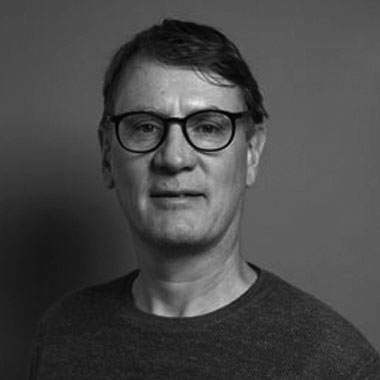
Professor Thomas Tufte is Institute Director for the Institute for Media and Creative Industries, Loughborough University London. His expertise and experience lie in critically exploring the interrelations between media texts/flows/genres, communicative practices and processes of citizen engagement and social change. His long-standing research interests have evolved around two key areas: qualitative audience studies and communication for social change research, often times combining the two. Thomas has led seven international research projects in the field (between 1992-2017), having sat on numerous editorial boards, and worked in about 30 countries worldwide. He has collaborated with a broad range of organisations in international development cooperation, such as World Bank, UNICEF, UNESCO and USAID. His publications include 15 books (three monographs, 12 edited volumes) and more than 50 journal articles. In 2008 Thomas co-founded the bi-national research centre ‘Orecomm – Centre for Communication and Global Change’, co-directing it until 2016.



